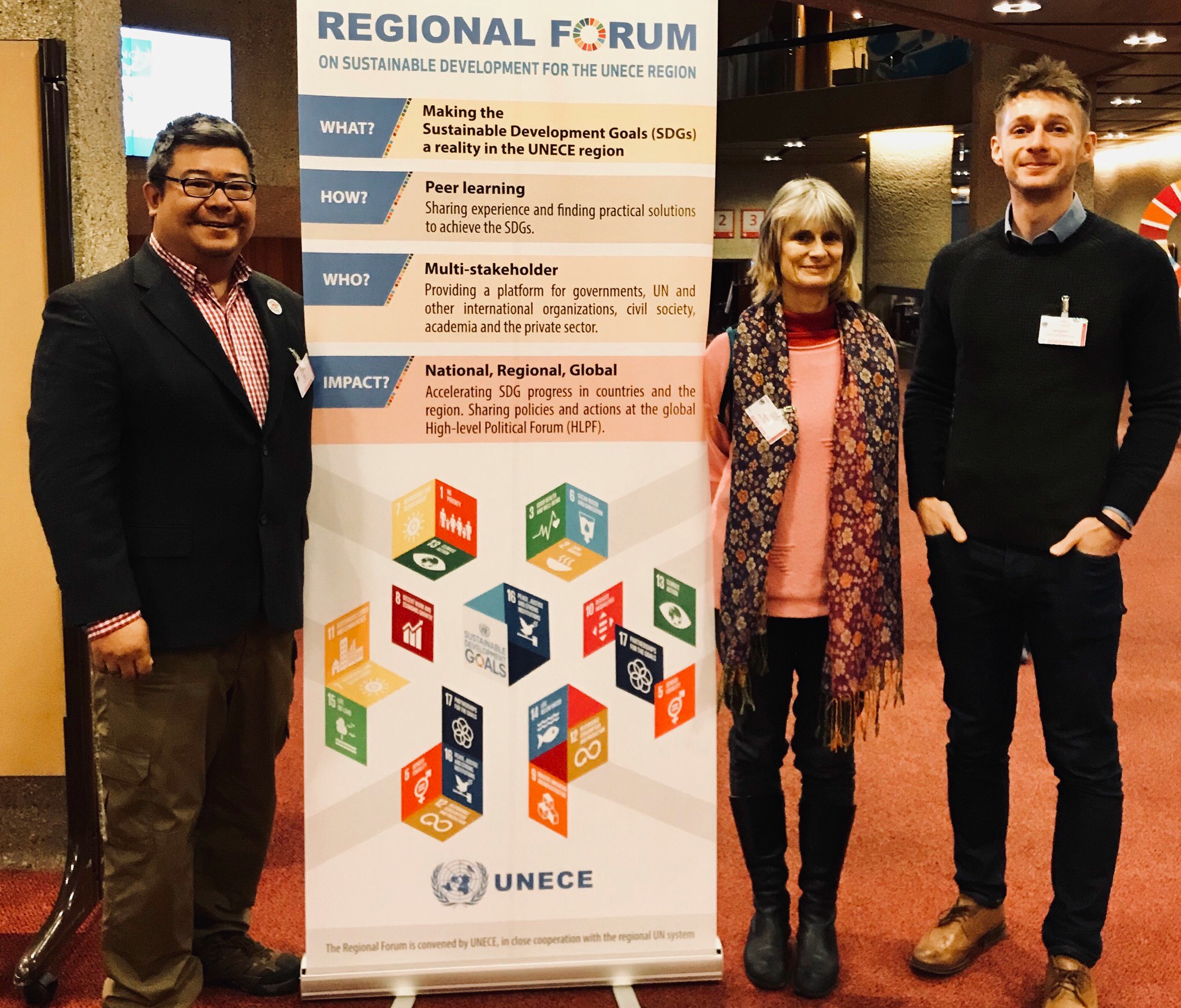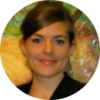Recently, the United Nations Economic Commission for Europe (ECE) hosted its annual Regional Forum for Sustainable Development (RFSD), in order to provide regional input into the High Level Political Forum (HLPF), which is the annual review mechanism for global progress on the Sustainable Development Agenda.
 Animals are not explicitly mentioned in the Sustainable Development Agenda, but are in fact related to all of the 17 Sustainable Development Goals that make up the 2030 Agenda. It is therefore important for animal protection organizations to highlight this fact at the national, regional and international level, in order for animals and the consideration of their welfare to be mainstreamed as a concern for the Sustainable Development field.
Animals are not explicitly mentioned in the Sustainable Development Agenda, but are in fact related to all of the 17 Sustainable Development Goals that make up the 2030 Agenda. It is therefore important for animal protection organizations to highlight this fact at the national, regional and international level, in order for animals and the consideration of their welfare to be mainstreamed as a concern for the Sustainable Development field.
As part of this work, World Animal Net, Cruelty Free International, and FOUR PAWS International each sent representatives to the two-day European RFSD in Geneva. We are pleased to share their thoughts on the meeting below.
Barbara Dias Pais, World Animal Net
I attended the round table on Sustainable Consumption and Production, as well as a side event on the UN’s role in fashion and sustainable development. What I found most striking was the near complete omission of animals in the agenda despite the many topics that intersect with animal issues. For example, at the side event there was a discussion about sustainable fibers and an ethical fashion initiative. This initiative aims to improve worker conditions and wages, and assess the environmental and social impacts of these products. This is an obvious opportunity for a clear-eyed discussion of the fur and skin (for various types of leathers) industries and the impacts of these on people, animals and the environment. Despite this, these issues remained unexplored.
My key takeaway from the meeting is the clear opportunities for including animals in the agenda, and ensuring that their welfare is taken into account—particularly because for nearly any aspect of the Sustainable Development Agenda where animal welfare is threatened, this links directly to the welfare of the environment and humans. What is needed to remedy this is more participation from animal protection organizations in order to amplify this message, and ensure that it cannot continue to be ignored at the UN.
Jackson Zee, FOUR PAWS International
- Great to hear about the development with the SDGs at the European level that are beginning to involve animals and the environment.
- Discussions that include animals in SDGs are important to ensure the survival of humanity and animals need to be considered for the SDGs to be successful.
- The link between SDGs and animals are not clearly seen nor understood by policymakers or other non-animal protection civil society organizations (CSOs).
- Sustainable human development/survival must include how we treat and protect animals for health, livelihood and environmental reasons.
- The SDGs are about how we as the human races hope to survive. The SDGs are a guideline to topics and areas of concern for the survival of the human species. But we cannot survive on this planet if that does not include the environment around us in its entirety, with all of the living beings in an ecosystem that includes us. Animals and the environmental are part of the solution to our sustainable survival. The UNECE takes a strong and clear step towards sustainability that is beginning to consider animals as part of the environment around us. I hope that the UNECE, with all stakeholders, including CSOs, will take the lead on SDGs and involve planning and policies that protect ALL living beings for all of our survival.
Jack McQuibban, Cruelty Free International
To change how we produce and consume goods and services so they are sustainable is an SDG that we can all contribute towards achieving. After all, we are all consumers and every day can take meaningful actions through what we buy and don’t buy and through the messages that our choices send to companies.
It struck me at the European Regional Forum on Sustainable Development in March that despite this, there is a gap in recognising how important and urgent it is to make sure that there is enough consumer information and awareness available to help us all make those informed decisions for our own sustainable lifestyles, and to turn our purchasing power into clear signals to business, especially on products that somehow involve animal protection. This was particularly relevant at this RFSD because of the high levels of consumption and concern for animal welfare in many European societies.
There was a lot of positive work on show during the Forum, yet that animal shaped-hole that we keep talking about is still there in discussions about the SDGs. The positive impact that protecting animals could have on implementing the SDGs is an issue that Jackson, Barbara and I raised—just three of us, but it is a start and we are making good progress together with other organisations in the Animal Issues Thematic Cluster at the UN.
The 2030 Agenda specifically envisages a world “in which humanity lives in harmony with nature and other living species are protected.” Yet it was clear at the Forum that this is something that European decision makers are not giving sufficient attention, reinforcing the fact that those of us working on animal issues must continue to remain active, ensure our voices are heard and to continue to engage in the work of the UN system (at the upcoming High Level Political Forum for example) to promote the importance and benefits of protecting animals in achieving the SDGs, including doing what consumers want us to do and ending the use of animals in product safety testing.
From left to right: Jackson Zee, Barbara Dias Pais, and Jack McQuibban
Photo credit: Jack McQuibban

